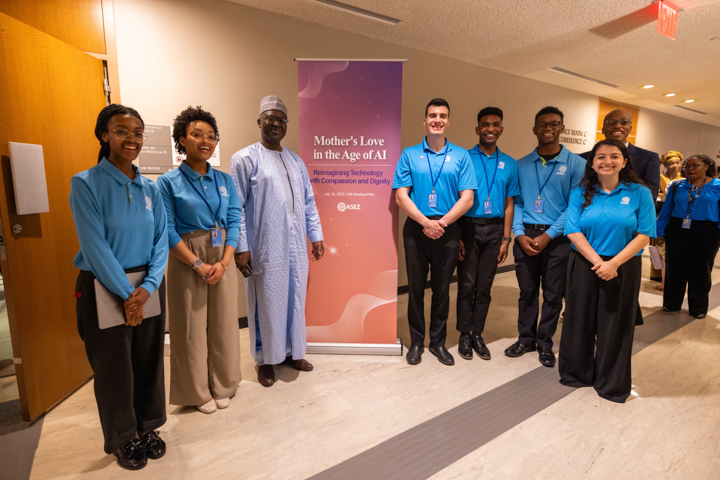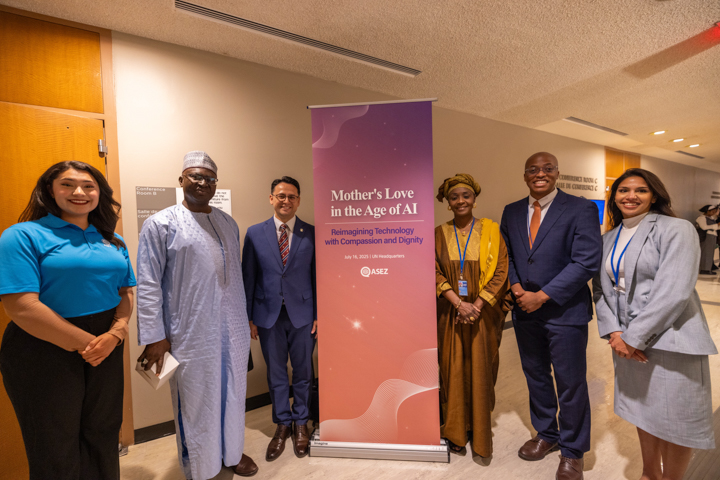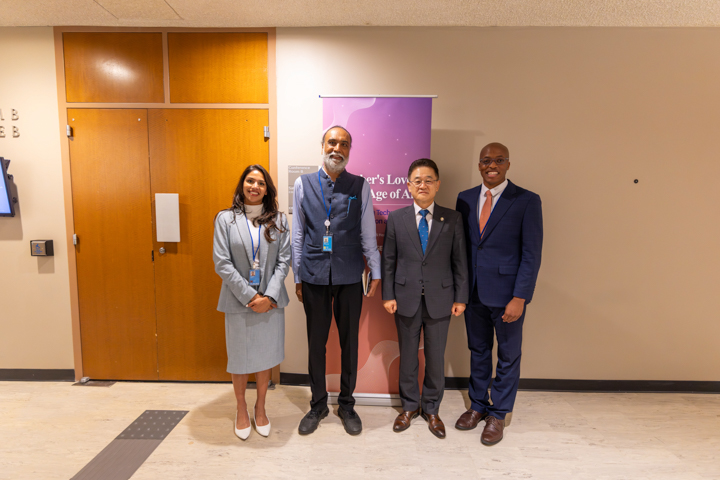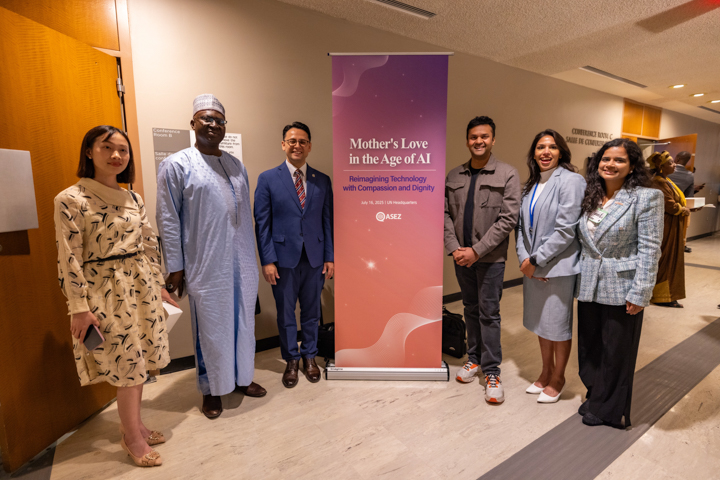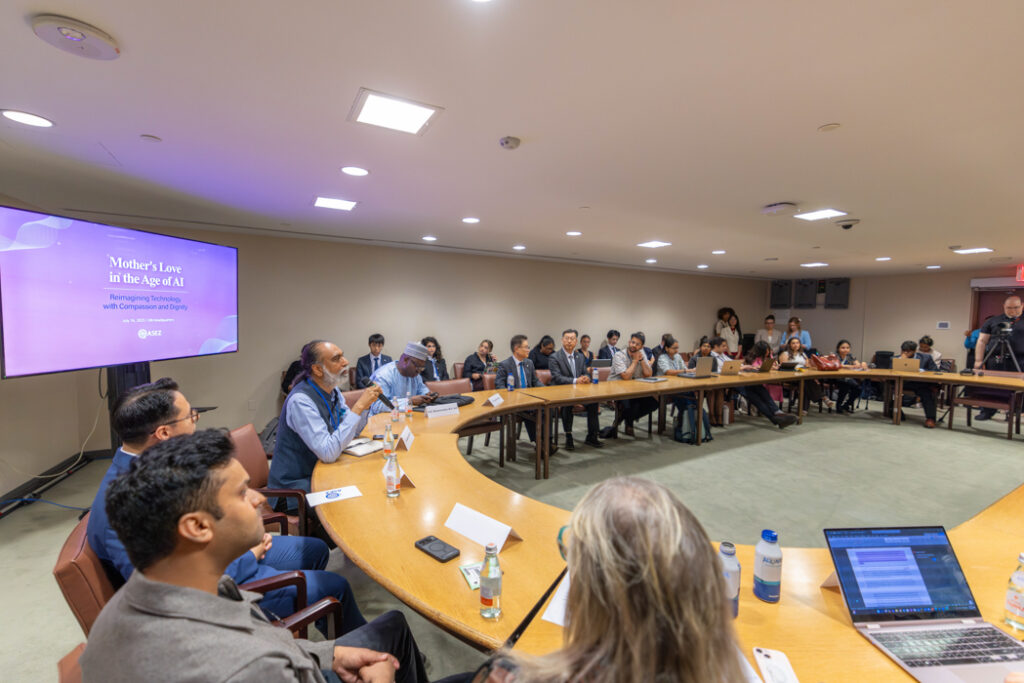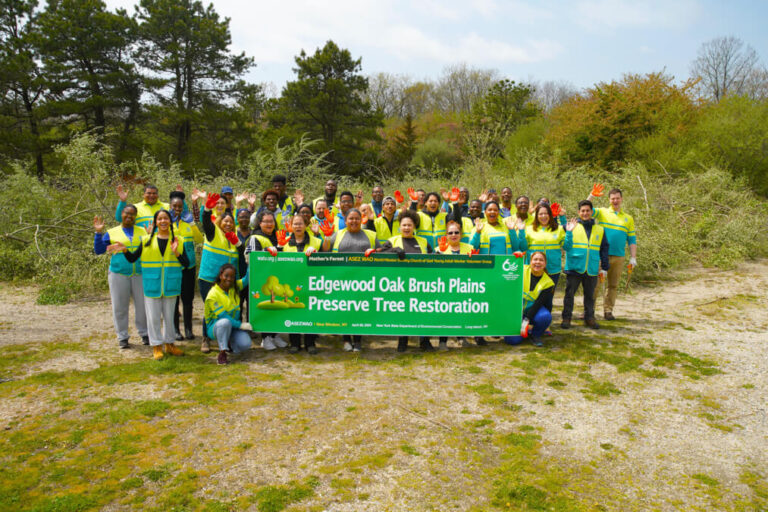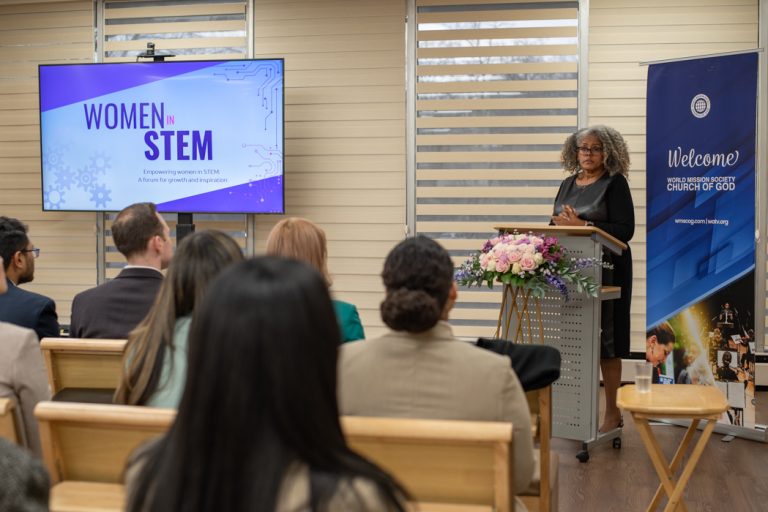ASEZ (Save the Earth from A to Z), the university student volunteer group of the Church of God, held a global forum on ethical AI. The event took place at the United Nations Headquarters in New York City. H.E. Muhammadou M.O. Kah, the Ambassador of the Republic of The Gambia to Switzerland and Permanent Representative to the United Nations Office at Geneva, WTO, and other international organizations in Geneva., co-chaired alongside ASEZ. The Major Group for Children and Youth (MGCY) and the World Data and Technology Alliance (WDTA) supported the forum.
Speakers emphasized the need to guide AI with human dignity, empathy, and care. They called for human-centered technology that protects rights, prevents harm, and supports the most vulnerable. Participants also shared real-world examples of youth-led AI initiatives that advance the Sustainable Development Goals (SDGs).
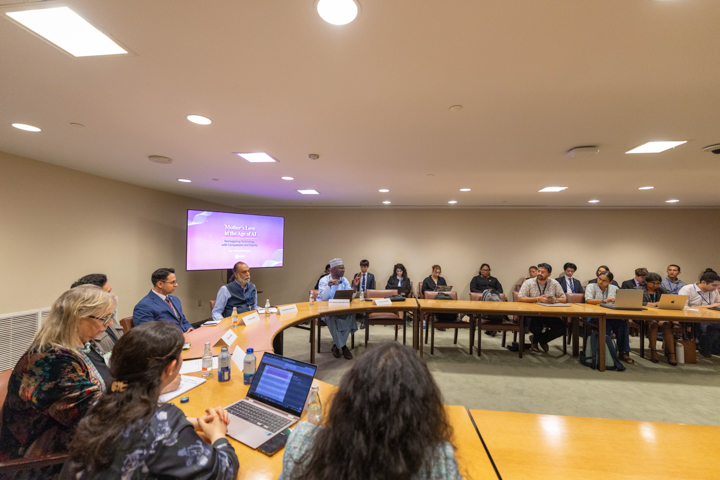
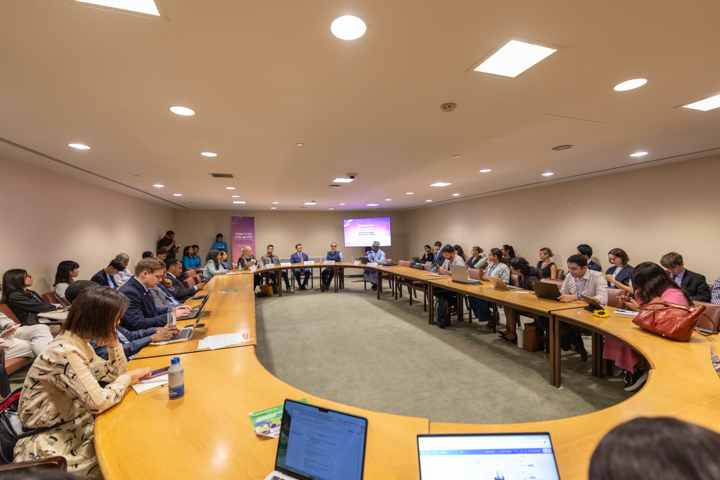
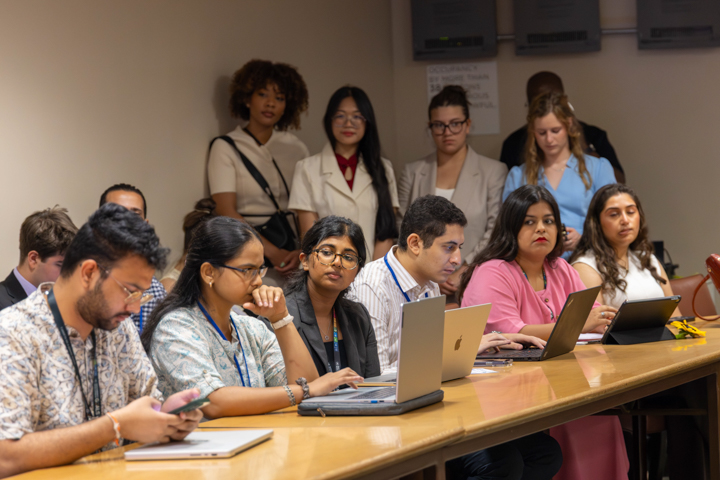
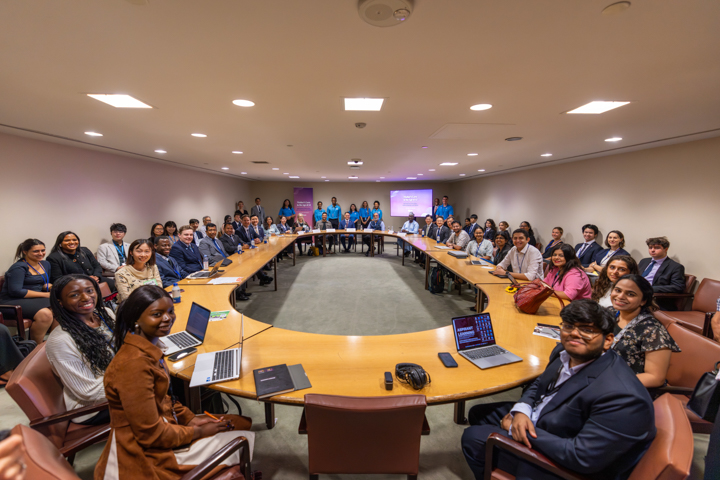
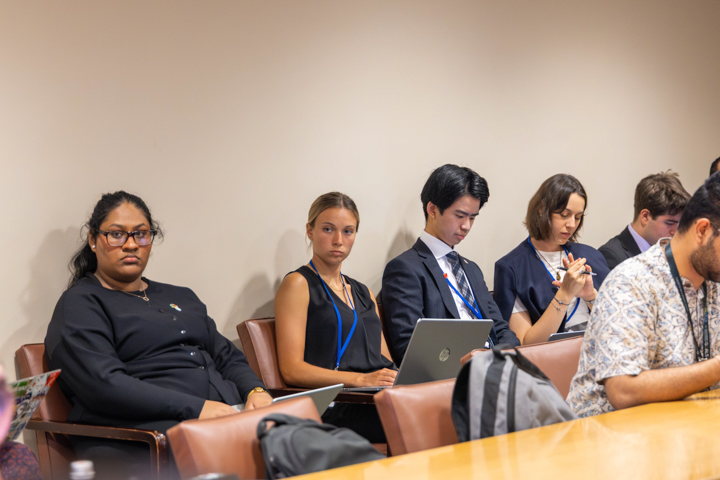
Centering AI Around Human Dignity and Empathy
H.E. Muhammadou M.O. Kah opened the forum. He said, “At this critical juncture where AI is reshaping the world, I welcome this forum’s efforts to ensure that technology is grounded in the value of human dignity.” He continued, “The love of a mother—which carries the values of justice and strong care—must be embedded into AI. This will help deliver medical services to remote areas, enable women to lead in tech, and bring new voices into policymaking.”
Amandeep Singh Gill, the UN Secretary-General’s Envoy on Technology, gave the keynote speech. He stated, “Throughout human civilization, love and compassion have brought about profound changes in the world. The direction we take depends on what we choose to focus our attention on.”
Karen Sobel Lojeski, CEO of Virtual Distance International, reflected, “A mother’s heart cannot simply be inserted into technology. Above all, humanity must remember a mother’s heart and cultivate the ability to empathize and see from others’ perspectives.”
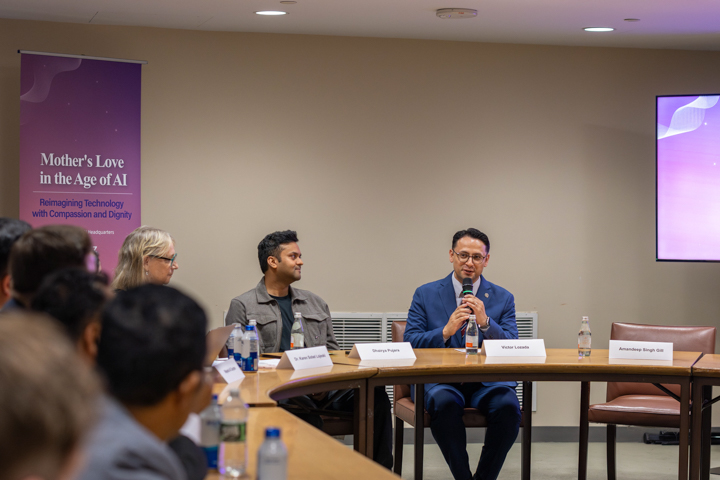
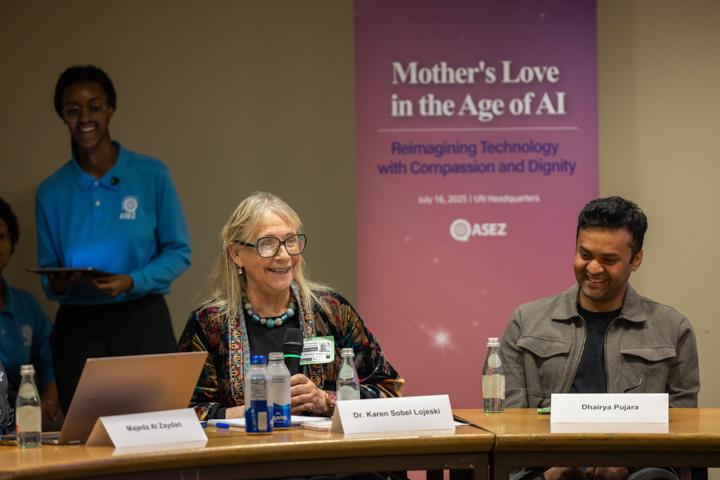

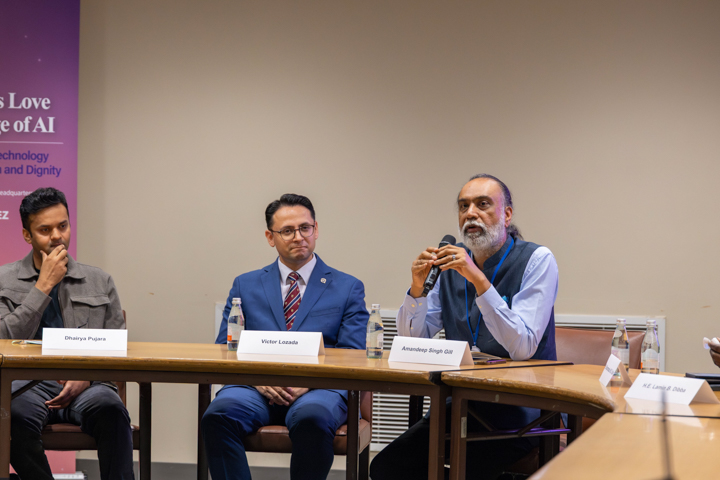
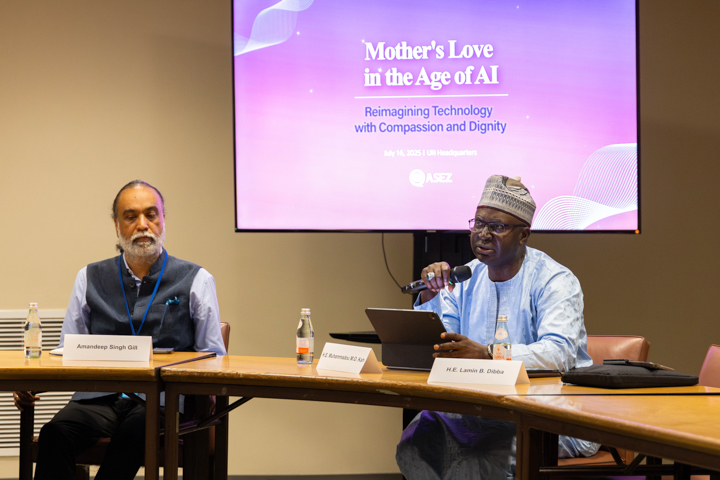
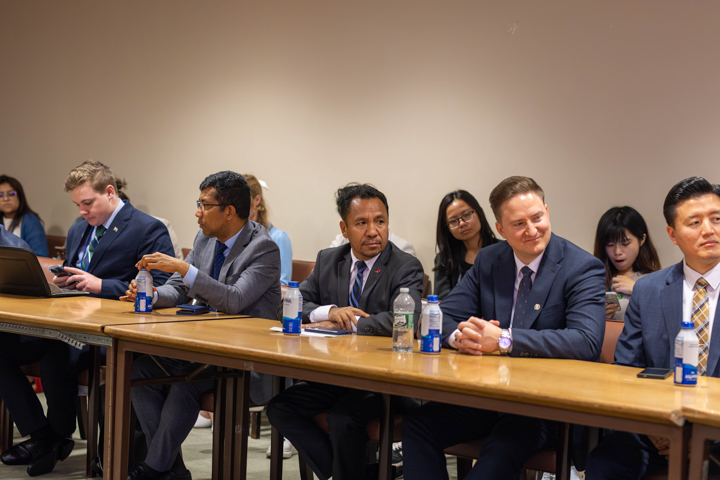
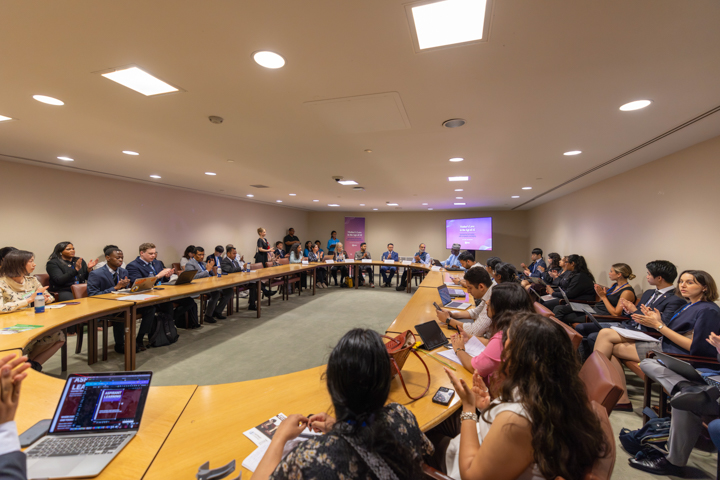
Youth Voices Shaping AI’s Future
Rachel Fraser, Vice President of ASEZ at Columbia University, presented on behalf of ASEZ. She said, “We live in a time where it’s easier to hurt someone with a keyboard than to greet the person next to us with kindness.” She added, “If the people who develop and train AI change, then AI can change, and we can change the future. But to do so, we need more cooperation and care ahead of rapid technological advancement.”
She concluded, “The heart of a mother—selfless, sacrificial, and full of care for her child—is what we now need in everything we do.”
Other panelists echoed the need for empathy in AI development. Majeda Al Zaidan, former Iraqi delegate to the AFS Youth Assembly, advocated for diversity in AI, shaped by the care of a mother.
Dairya Pujara, co-founder of Salt Pepper.AI, shared a personal reflection. “My mother comforted me saying, ‘No matter what you do or what the outcome is, I love you.’ But what would ChatGPT say in the same situation? It wouldn’t compare to my mother. No technology can replace a mother. But the attempt to infuse AI with a mother’s heart is truly exciting.”
This forum encouraged dialogue, policy recommendations, and youth participation. Together, they shaped a vision for ethical AI built on care, equity, and human dignity.
